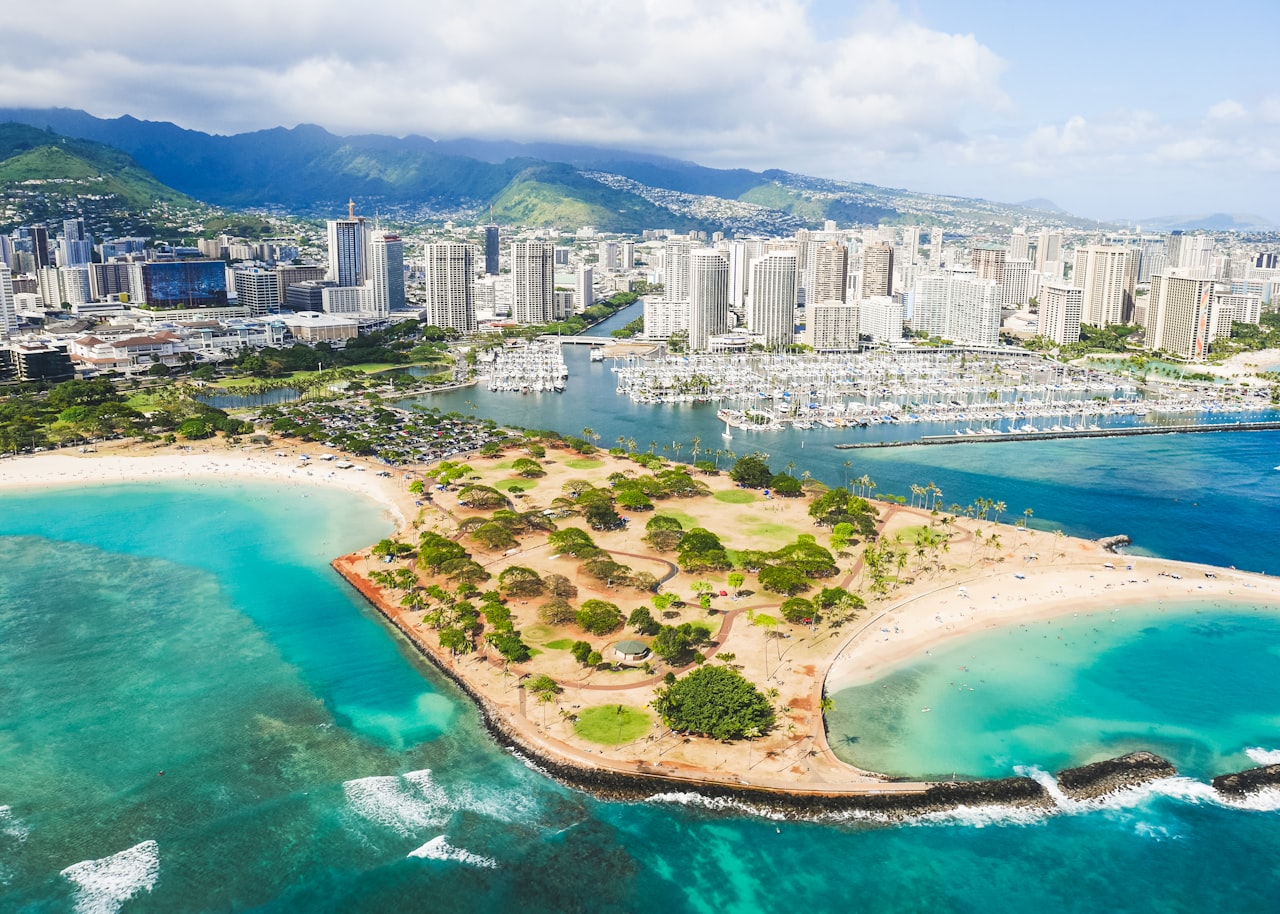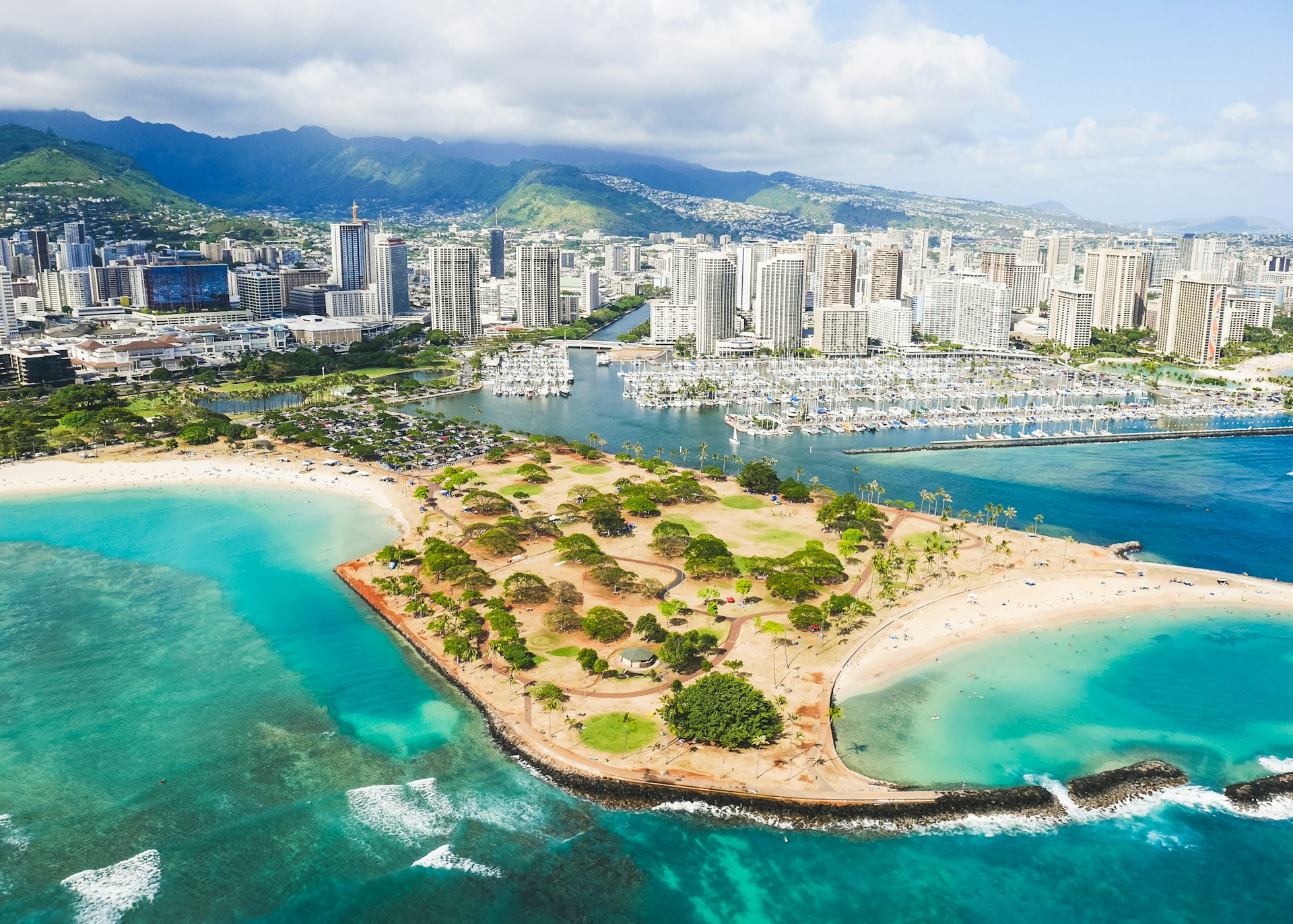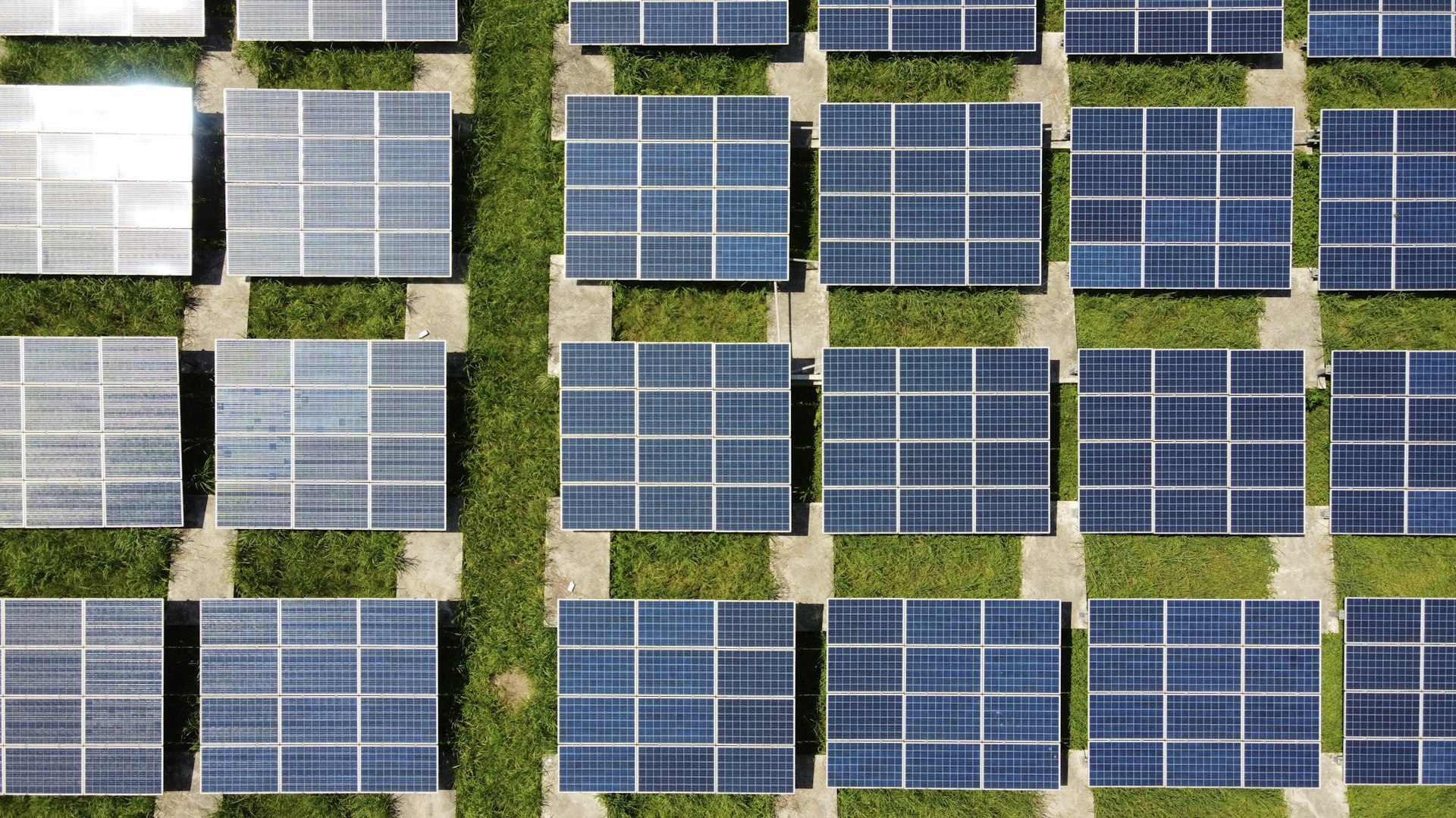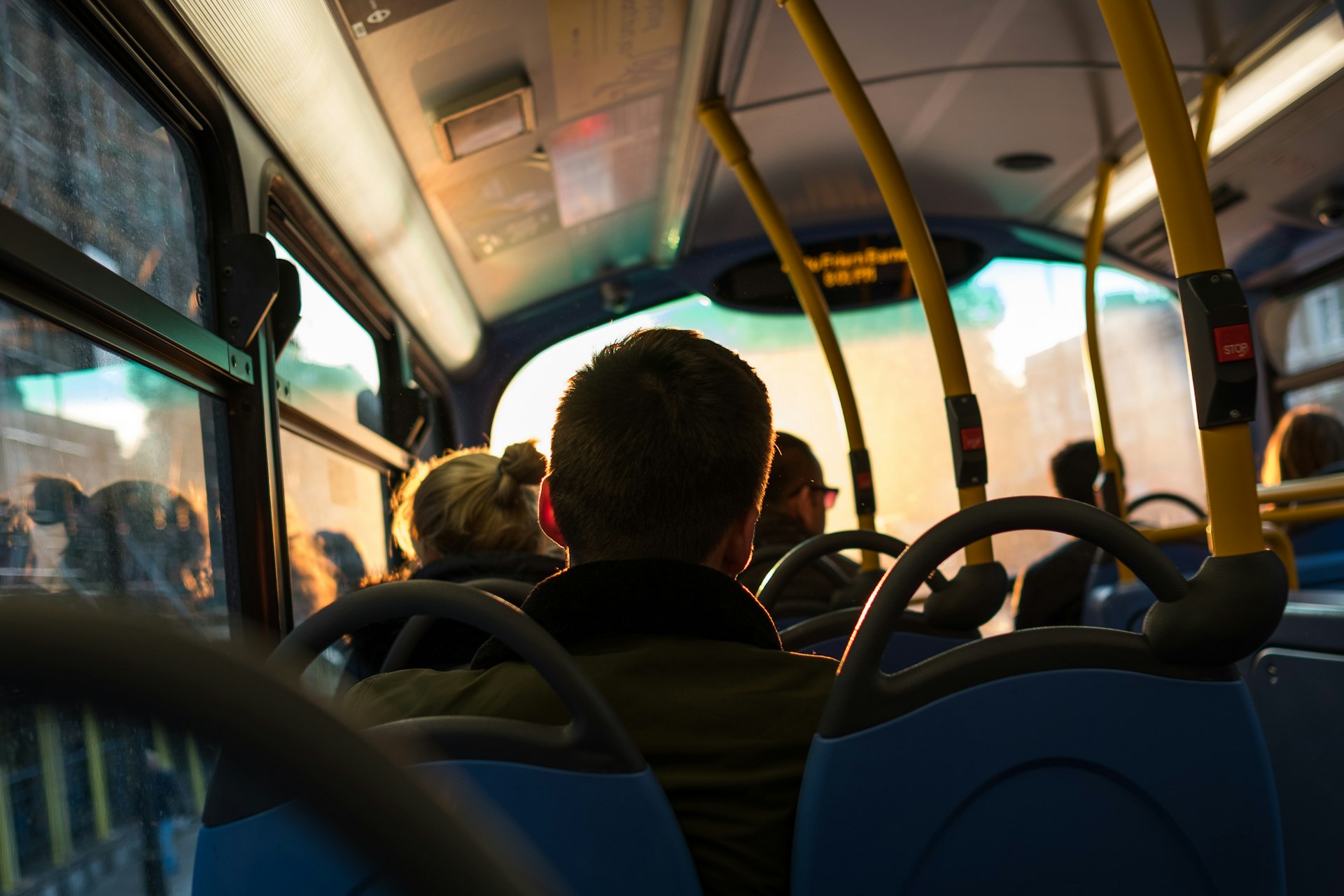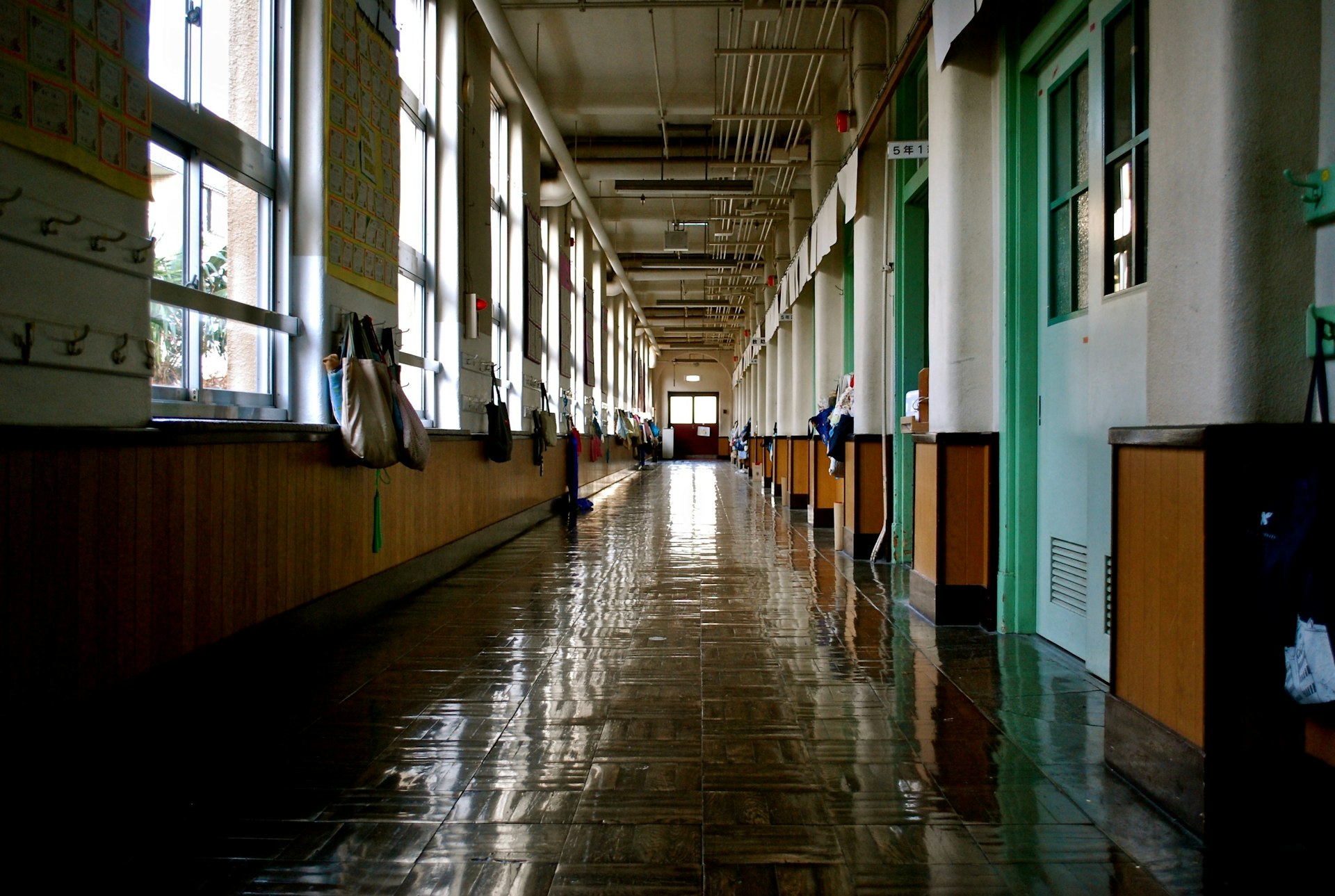Beautiful tropical weather, popular tourist destinations and outdoor activities, as well as the friendly "Aloha" spirit throughout the islands have made Hawai'i an incredibly popular choice of home for many people. However, the price tag attached to living in "paradise" may not be what people expect as Hawai'i, unfortunately, holds some of the highest living costs in the United States. To help get you a bit more acquainted with various prices in this Pacific state, we have compiled this brief introductory guide that hopefully can help you decide whether moving to Hawai'i is the right decision for you.
Income
According to a Purdue study published in Nature Human Behavior (as stated by GOBakingRates), the "ideal income for life satisfaction in North America is $105,000," with global satisfaction with an income of $95,000 and an income of $60,000 to $75,000 for emotional well-being. GOBankingRates also conducted a study to determine the minimum salary needed to achieve happiness in each U.S. state, and unfortunately, Hawai'i ranked at the top of the list for the largest salary needed to achieve happiness. This study found that an annual income of over $200,000 is estimated for true happiness while living on the islands, but emotional well-being can be achieved at a lower $115,980. This is significantly larger than states like New York, California, and Massachusetts, whose income estimations to achieve bliss were $155,610, $149,310, and $141,750 respectively.
However, these figures appear even larger when considering the average salaries in Hawai'i and the United States, with Hawai'i's average being only $69,000 annually and the country's average being an even lower $53,924.
Still, though, people find ways to offset costs by combining living quarters, sharing costs between friends and family, and more (which will be discussed more below). Plus, many people find that the environment and culture of living in "paradise" make up for the high income asking price.
Housing
As for housing costs, Hawai'i is one of the most expensive places in the United States, particularly for rent. According to the Missouri Economic Research and Information Center's "Cost of Living Data Series", against an average United States index of 100.0, Hawai'i ranks at the top of the list in terms of housing costs with an index of 307.0 (compared to the District of Columbia at 243.9 and Massachusetts at 217.3).
Generally, rent decreases as you gain distance from the main cities in Hawai'i, with Honolulu seeing the steepest rental rates. However, rates are still high throughout the island of O'ahu. According to Real Estate and Living Hawai'i (which features our very own Hawai'i real estate expert James Chan), a studio ranges between $1,000 and $1,600 per month, a 1-bedroom apartment or home ranges from around $1,500 to over $2,000 per month, and a 2-bedroom apartment or home starts at over $1,800 per month. Not to mention, luxury condos around the island can start at $3,000 per month (especially those in the Honolulu area).
Likewise, purchasing prices for homes are also quite high, with the October 2022 median sales price for a single-family home reaching $1.05 million. A condo, on the other hand, has a median sales price of around $520,000.
To offset these costs, many people live with multiple roommates or even multiple generations of their family. In fact, the Hawai'i Data Collaborative found that about 1 in 5 people (around 250,000 people) in Hawai'i live in a multigenerational household, which helps many locals keep costs down as these responsibilities are then shared. This is especially common in urban areas where housing costs are generally much greater than in other areas.
Groceries
Groceries on the Hawaiian islands are also among the priciest (if not the priciest) in the United States, as the majority of the foods that are sold and consumed on the islands have to be imported. In general, large stores like Costco and Sam's Club offer some of the cheapest prices for everyday necessities like milk or vegetables, though costs can reach $9 for a gallon of milk at other locations around the island.
Many local options and programs can provide food for cheaper (such as purchasing groceries at a farmers market), though the majority of people on the island do not have the time to visit these events as they can often take place during the day just once per week (when many people are working). However, if you have the chance to visit these markets, this is a great way to help both support local businesses and save some money on fresh produce.
The tourism industry can also cause restaurant prices to increase significantly, which means that eating out may be more expensive than you are used to in the continental United States. Though a lot of foods are locally sourced or freshly caught (in the case of seafood), prices can easily start at well over $10 per meal per person (and even double this price).
Utilities
As probably expected, utility costs are also among the highest (if not the highest) in the nation. According to Real Estate and Living Hawai'i, Hawai'i residents have an average energy bill of $342.21 per month, which is over 2.5 times greater than the United States average of $131.35 per month. This statewide average can differ based on factors like the size of your residence, whether or how often you use air conditioning, how many people live in your residence, and what type of energy you are using. For example, 20-40% of O'ahu, Maui, and Hawai'i (the Big Island) residents offset their energy costs by investing in solar paneling on their homes' rooftops. This is also being encouraged by the Hawai'i government, which has declared that the entire state aims to be running on 100% renewable energy by the year 2045.
This does not include water and sewage, cable and internet, and other miscellaneous costs, which can bring your monthly utility bill from the upper hundreds to $1,000. There are, however, ways that these costs can also be decreased, such as installing solar water heaters and choosing specific cable or internet services (though many of these costs can come down to which neighborhood and home you choose to live in).
Taxes
On a positive note, one of the financial spaces where Hawai'i has an edge over its mainland counterparts is the property tax realm. As of November 2022, Honolulu's residential property tax rate is just 0.35%, which is among the lowest in the country.
From here, there are also General Excise taxes and income taxes to consider. Rather than a state sales tax, Hawai'i has a General Excise Tax of 4% on purchases, with an additional up to 0.5% based on the county of purchase. For example, Honolulu adds an extra 0.5% to the 4% total receipts tax, bringing the total purchasing tax to 4.5%.
As for income taxes, these rates range from 1.4% to 11%, beginning with those making between $0 and $2,399 to over $200,000 per year (for single filers). To learn more about tax brackets in Hawai'i and their respective rates, you can visit the Tax Foundation's webpage here to view the full table breakdown (as well as how income taxes in Hawai'i compare to the rest of the United States).
Gas
Given the current state of the world and ongoing conflicts, gas prices have increased around the globe. As of November 23, 2022, Hawai'i's average gas price sits at $5.20, which is significantly higher than the United States average of $3.61. These prices differ from county to county, with Honolulu county actually holding the lowest average gas price of $5.17, compared to the Big Island's $5.19, Maui's $5.31, and Kaua'i's $5.54.
To stay updated with daily gas prices and statistics on the Hawaiian islands, you can visit AAA's website here.
Transportation
Though there are a variety of ways to travel around the islands, traveling by car is by far the most common. Most people that move to Hawai'i either ship a car to the islands, buy a car once they arrive, or rent a car. As a result, most people also have to budget for gas costs and parking costs if they work in a location that does not provide free parking. For a parking pass or parking at stalls in Honolulu or Waikiki, you can be paying somewhere between $150 and $300 per month.
For those who are not interested in owning or renting a car, there are a few bus systems on the Hawaiian islands available to residents. The main O'ahu bus system is TheBus, which has a variety of packages based on how often you will be utilizing the bus. One of the most popular packages is the monthly $80 package, which provides payers with unlimited rides each month. There is also an $880 annual package that can save riders $80 per year, as well as the simple cash fare of $3 each time you board (if you do not anticipate needing to travel too often).
Biki bike stations are also located all throughout Honolulu, which is a great and popular option for those who do not need to travel long distances and live in the urban Honolulu area.
Schools
For many families with students, schooling costs are another factor that needs to be considered when moving to Hawai'i. Whether your student is in middle school, high school, or about to enter college, there are a variety of factors that need to be considered when budgeting for a Hawai'i lifestyle.
Public school systems in Hawai'i, a popular option for families tight on money, receive an annual budget set forth by the State of Hawai'i's legislature and governor, which differs from the continental United States' primary method of utilizing property taxes. Charter schools are another popular option for families that are not able to afford a tuition, of which there are many throughout the islands.
However, for families who do possess the disposable income to dedicate towards tuition, private schools like Punahou School, 'Iolani School, and the Mid-Pacific Institute are extremely popular options. These schools in particular generally ask for tuition costs of around $27,000 to $29,000, with other private schools like Kamehameha Schools, Hawai'i Baptist Academy, and Le Jardin Academy costing a bit less.
For a more comprehensive breakdown of education in Hawai'i, check out our blog post "A Guide to Education in Hawai'i"!
Healthcare
In a study on State Health System Performance published by the Commonwealth Fund (as reported by Smartfinancial.com), Hawai'i ranked number 1 overall in the United States, as well as number 3 for access and affordability, 2 in prevention and treatment, 1 in avoidable hospital use and cost, and 1 in healthy lives. In general, Hawai'i is known to be one of the healthiest states in the entire nation due to laws like Hawai'i's Prepaid Health Care Act, which requires that all full-time workers in the State receive health insurance.
Your healthcare costs will vary depending on health concerns, age, type of plan, etc., so it can be difficult to give an estimation of how much exactly you will be spending on healthcare when moving to Hawai'i. However, healthcare systems in Hawai'i are known to be among the best in the country, so you can trust that you will be in good hands.
Overall, Hawai'i is a much more expensive place to live compared to most of its continental United States counterparts. However, the friendly and tight-knit culture of Hawai'i, the strong feeling of community and family, and the gorgeous tropical weather make Hawai'i well worth the price tag for many residents. From great cultural experiences to local restaurants and cafés, unlimited opportunities for water sports and hiking, and unique family-friendly activities, there are so many qualities that make the Aloha State so special.
To learn more about these lifestyle topics in Hawai'i, feel free to check out our other blog posts here!
